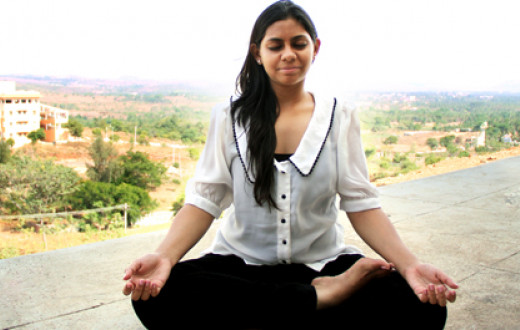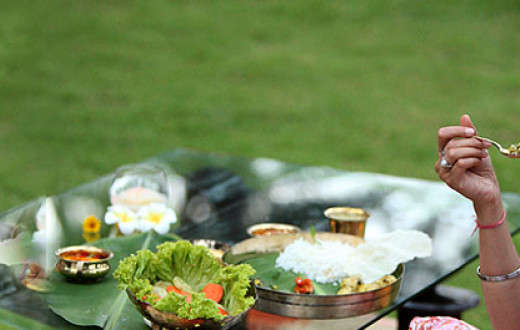Tips for Fasting
How to fast during Navratri?
Fasting during Navratri is an ideal way to detox the body, enhance digestion and increase positivity.
While the benefits of fasting during Navratri are plenty, many of us fast incorrectly which further disturbs the balance in our body.
Here is a complete guide on how to fast during Navratri in a way that is conducive to your body and mind:
How you can plan your fast for the nine days of Navratri?
Follow a fruit diet. You can eat sweet fruits like apple, banana, sapodilla, papaya, watermelon, and grapes. And you can also have Indian gooseberry (amla) juice, bottle gourd (lauki) juice and tender coconut water.
In case you have a health condition, it would be best to consult a doctor before fasting and remember to do only as much as you are comfortable with.
A traditional Navratri diet
A conventional Navratri diet is one that pacifies our digestive fire. It can be any combination of the following ingredients:
- Buckwheat (kuttu) roti, fasting rice (shamak rice), Dosa from fasting rice; Dishes made from sago (sabudana), water chestnut (singhara) flour, rajgira, yam (suran), colocacia (arbi), boiled sweet potatoes (shakarkand), etc.
- Clarified butter (ghee), milk and buttermilk. All these have a cooling effect on the body
- Yogurt combined with bottle gourd (lauki) and pumpkin (kaddu)
- Lots of fluids – tender coconut water, juices, vegetable soups, etc. Besides providing energy, they prevent dehydration and flush out the toxins released during fasting
- Fruit salad made with papaya, pear, and apple
When following a traditional Navratri diet, it is also recommended to:
- Use rock salt instead of common salt for cooking
- Use healthy cooking methods like roasting, boiling, steaming and grilling
- Be strictly vegetarian
- Avoid grains for the first few days
- Avoid any fried and heavy food
- Avoid onion and garlic
- Avoid overeating
Those who cannot fast should abstain from non-vegetarian food, alcohol, onion, garlic and use rock salt instead of common salt for cooking.
Breaking your fast
When you break your fast in the evening or at night, have a light meal. Avoid heavy meals as that not only makes it difficult for the system to digest but also undo the cleansing process and positive effects of fasting. Eat small quantities of easily digestible food.
Observe fast with yoga and meditation
Gentle yoga poses, stretches, twists and bends complement the fasting process. It speeds up the detoxification process, and you will feel uplifted and energized.
Experience authentic and traditional Navratri pujas, homas, and yagnas with Gurudev Sri Sri Ravi Shankar via live webcast.

Navratri Recipes
Satiate your taste buds and keep your energy level high with these sattvic delights during Navratri.

The Three Gunas
Know about the three gunasthat govern our bodies and their significance during Navratri.

Fasting along with Yoga
Know how fasting during Navratri can have a profound effect on the body and mind and deepen your experience.

Fasting during Navratri
Demystify the health benefits of fasting and how it helps purify the mind.





































